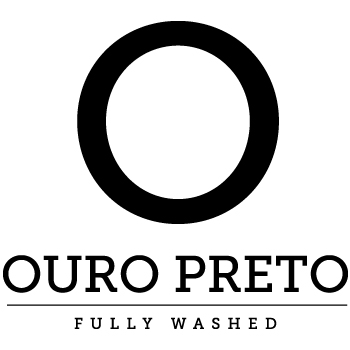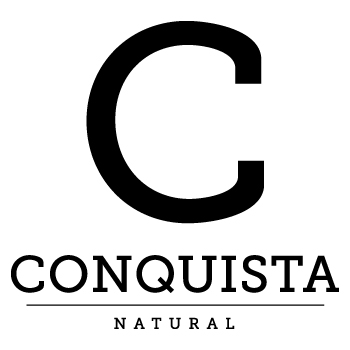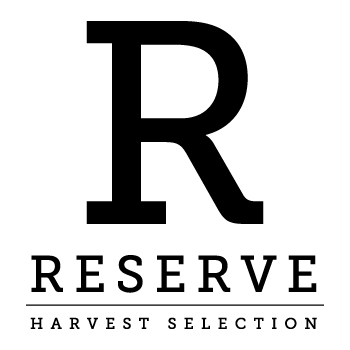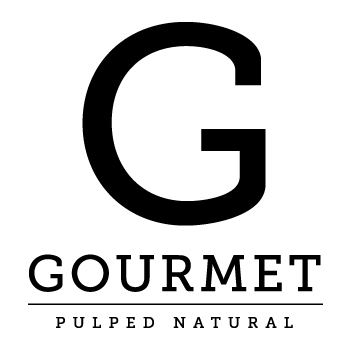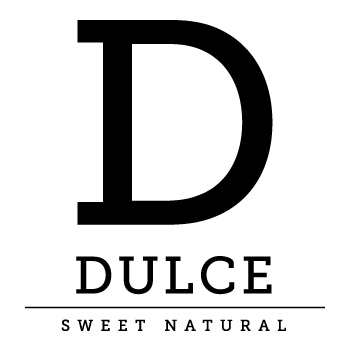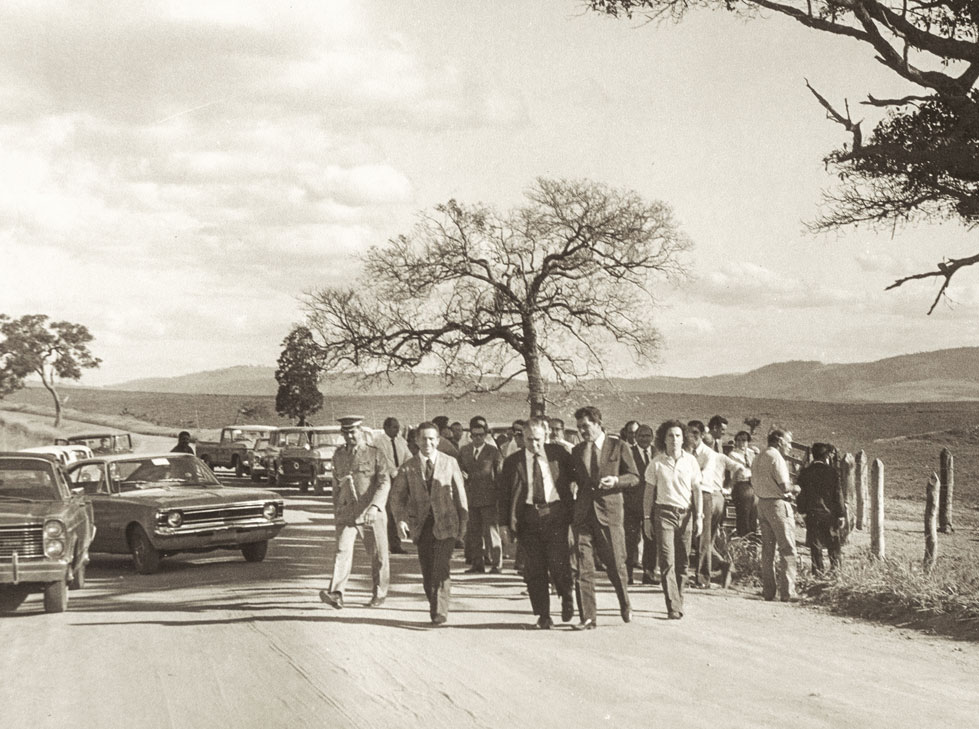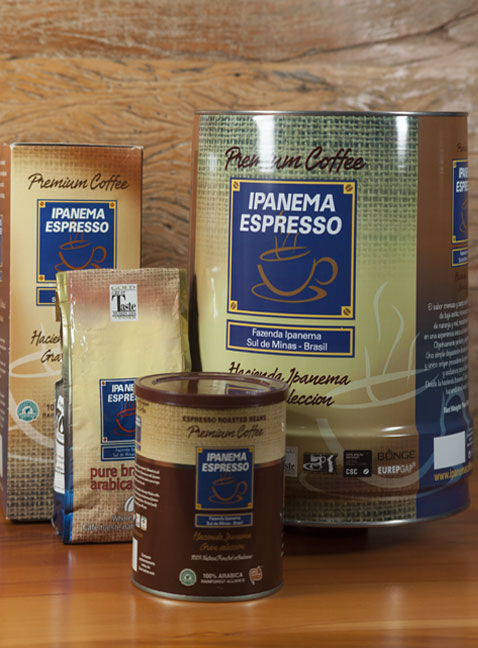
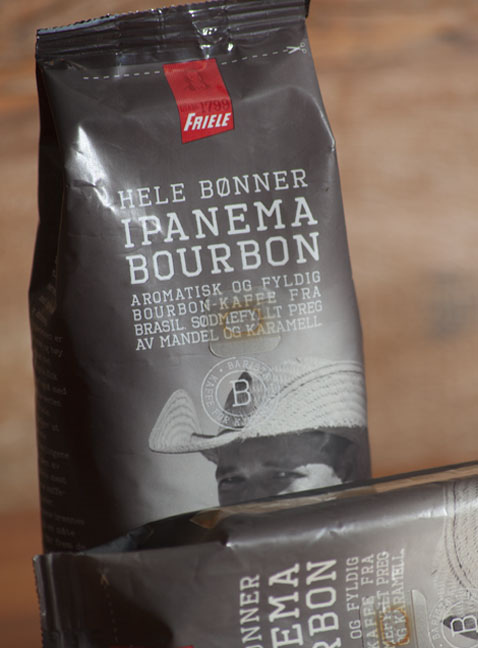
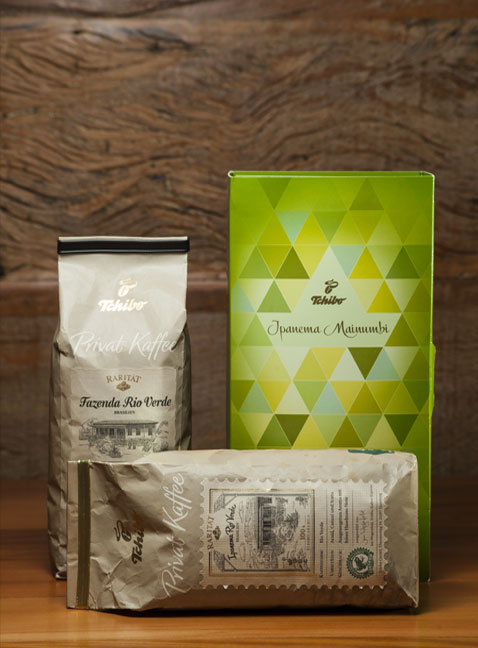
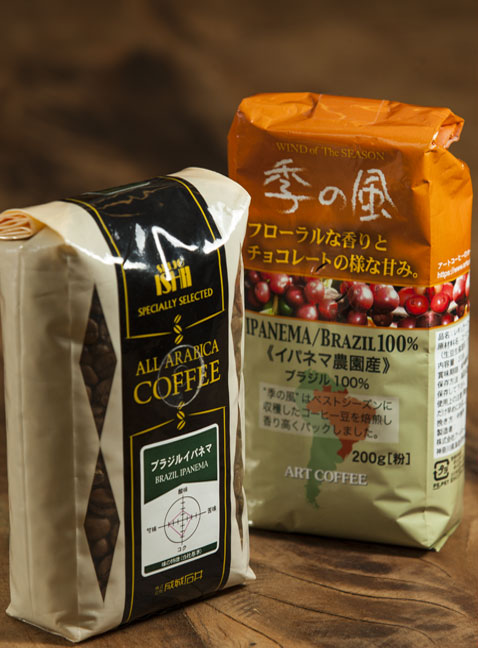
WE ARE IPANEMA
We are a unique company, where innovation, long-term relationships and consistent delivery have been part of our DNA since Ipanema Coffees was established in 1969, in Minas Gerais, Brazil. Our competitive advantage can be achieved thanks to our ability to develop our skills and know-how over the years, as well as our commitment to fulfill our clients’ demands in the 25+ countries in which we operate. In addition to the production and commercialization of Specialty Coffees, we develop and apply different tools and services in order to offer tailored solutions to each of our clients.
-
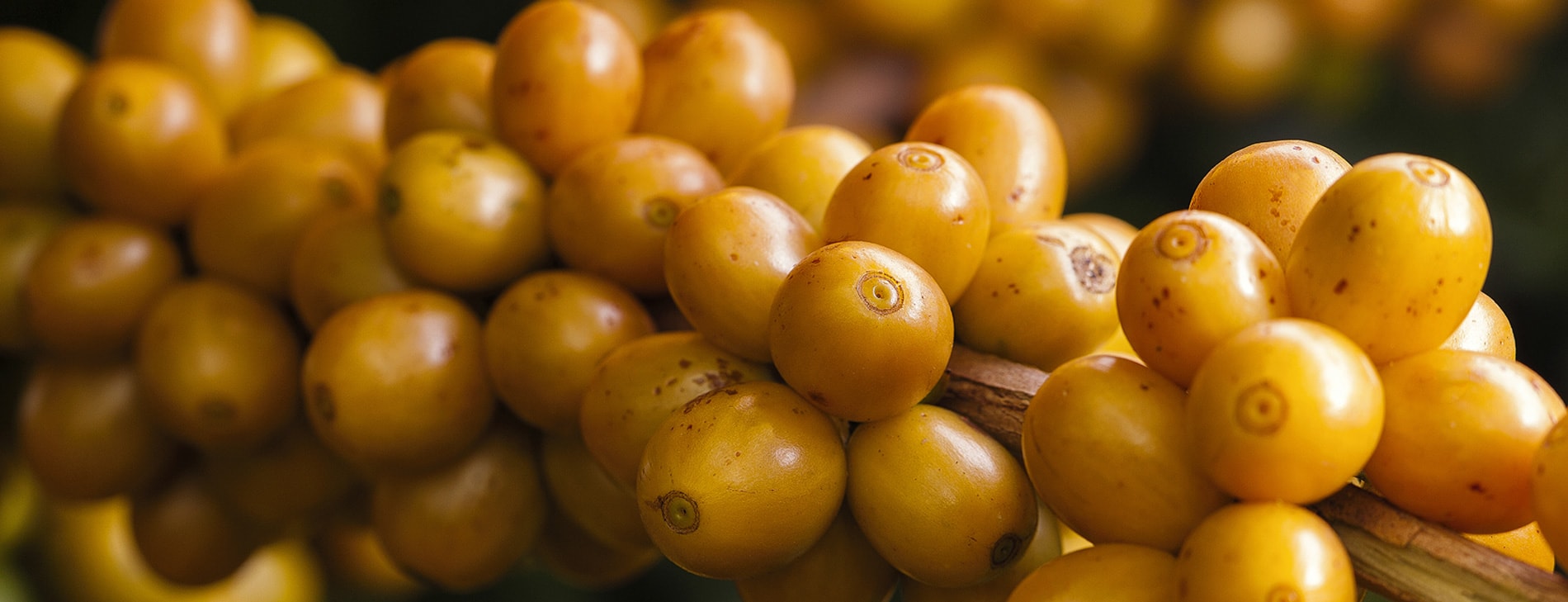
STEPS TO QUALITY
- Nursering
- Coffee Care
- Harvesting
- Wet Milling
- Dry Milling
- Quality Control
-
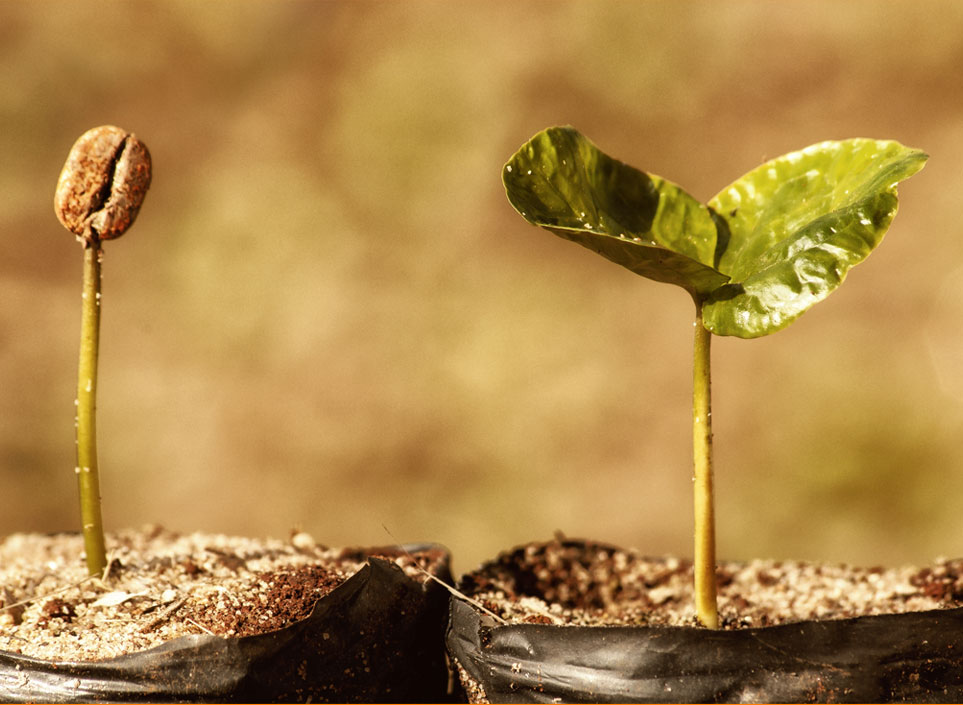
Nursering
Aiming to choose the best seed variety for the plantation, characteristics of each area, soil, topography and altitude are carefully considered, in order to achieve the greatest quality.
Each April, our team at the Nursery prepares the seedlings from our best coffees according to the selected variety. The seedlings are then acclimated for six months and are planted in November and December.
Since coffee is a perennial crop (exploited by up to 30 years), attributes such as high productivity, natural resistance to pests and diseases and maturation period are essential to ensure long-term sustainability. Back -
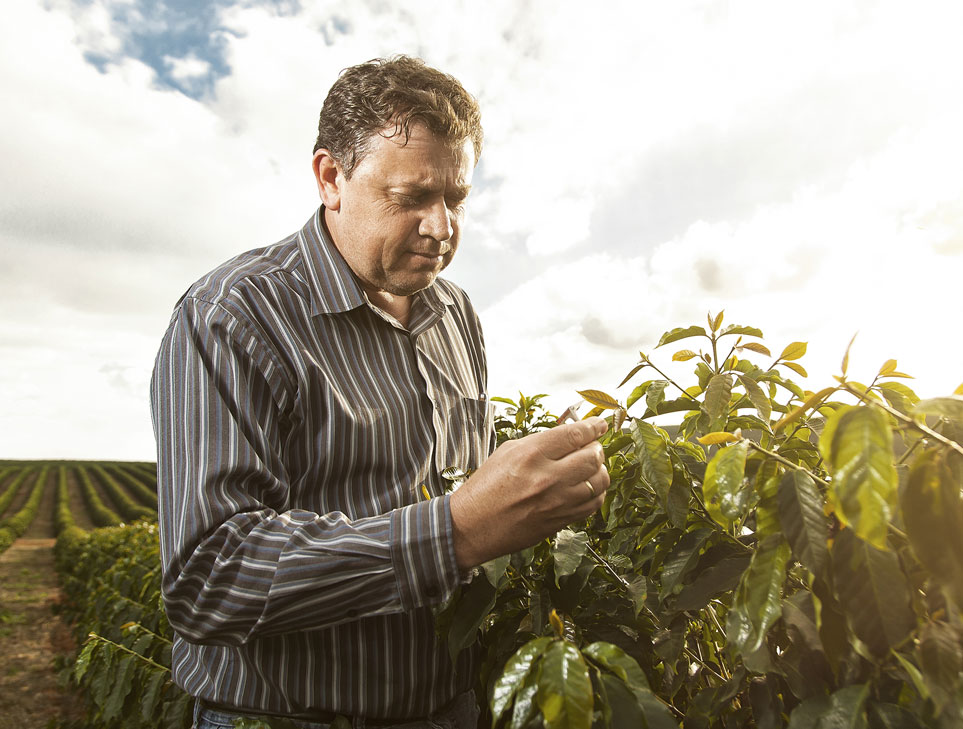
Coffee Care
We provide exclusive care to each production area, conducting fertility analyses from soil and leaf samples to establish a specific fertilization program for each glebe. Our team also monitors any signs of weed, disease and pest infestation. We are constantly applying the newest technologies and redesigning our production system and processes in cooperation with researchers from prestigious universities and technical institutions. High productivity and homogeneous bean maturity is achieved through our modern drip irrigation system.
Blossoming
The rains season allow coffee trees to blossom two or three times per crop, leading to different stages of bean maturation at the harvesting season, which normally starts in April. This, combined with our drip irrigation system are the decisive factors for a lush blossoming. Delicate flowers of our more than 13 million coffee trees arise on the plants. The landscape turns into white and the smell of Jasmine is an overwhelming experience for all senses. After one week, the flowers develop into cherries. Further, the fruits grow and change from green to red or yellow when they are mature.
At this point, they are ready to be harvested. Back -
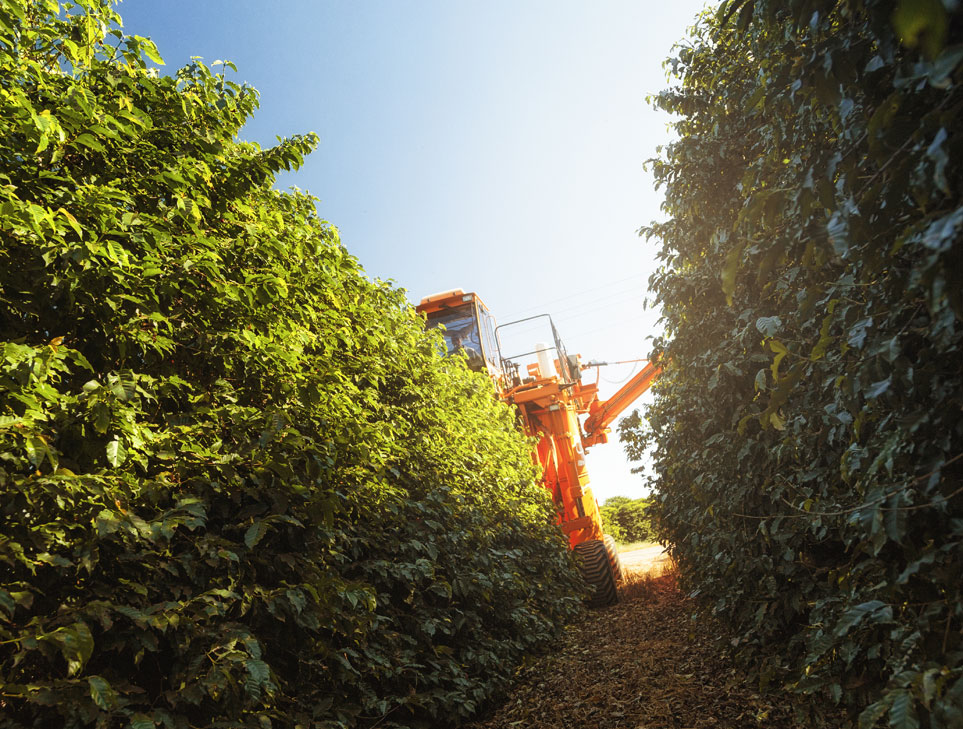
Harvesting
Our focus on quality guides us to strategically harvest our coffees at the ideal maturation stage, ensuring the best cup profile. Basically, we use three different harvesting methods:
Selective hand picking: This process usually is done in our mountainous areas and where the plants are young and more fragile. It allows us to pick only the ripe beans at their best stage of maturity.
Semi-manual harvesting: This method is done in mountainous areas where the trees are taller and harder to be reached by the pickers.
Mechanical strippers vibrate the branches, allowing the beans to fall on a canvas under the plants to prevent any contact with the ground. Like selective hand picking, the beans are collected twice or three times a day to expedite the process.
Mechanical harvesting: Done by harvesting machines, this method is specially suitable for flat terrains. By combining vibration intensity and speed of the harvesters, it allows us to selectively harvest ripe beans quickly and efficiently. Back -
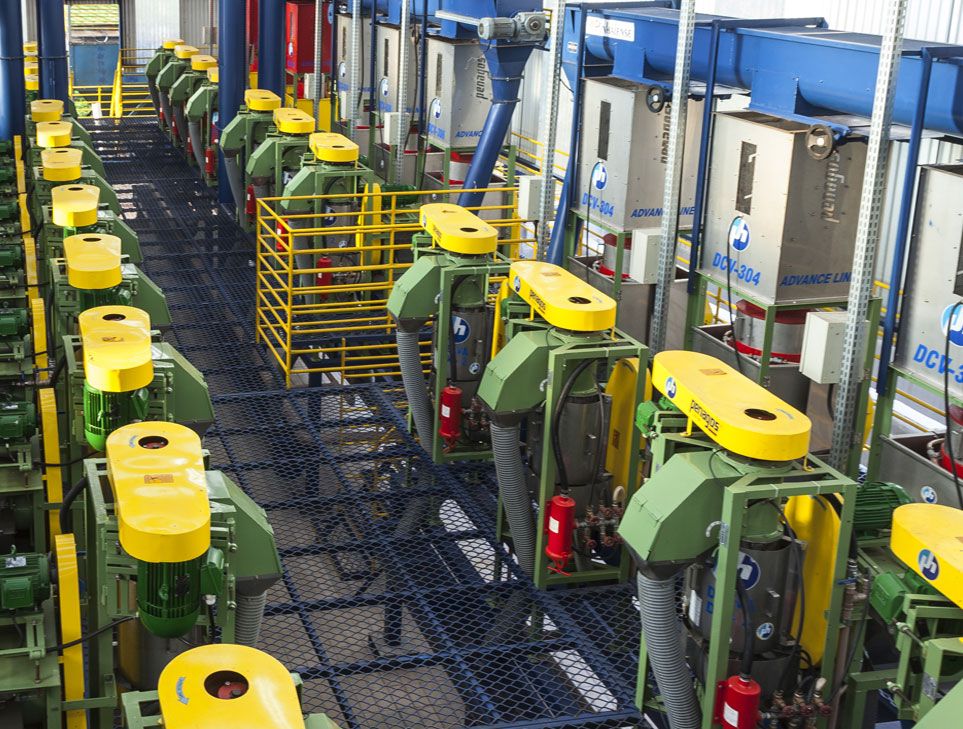
Wet Milling
Our processing line of washers and pulpers was especially designed to support our harvesting strategy and ensure producing unique coffee. In the highly innovative wet milling we separate the beans according to maturation to achieve consistent quality in the preparation of Natural, Pulped Natural and Fully Washed coffees. By focusing on the demands of each client, we can apply the most suitable preparation method in order to guarantee consistent deliveries throughout the years.
In addition, our highly efficient line of equipment applies innovative technology that reduces water consumption by more than 30%. Back -
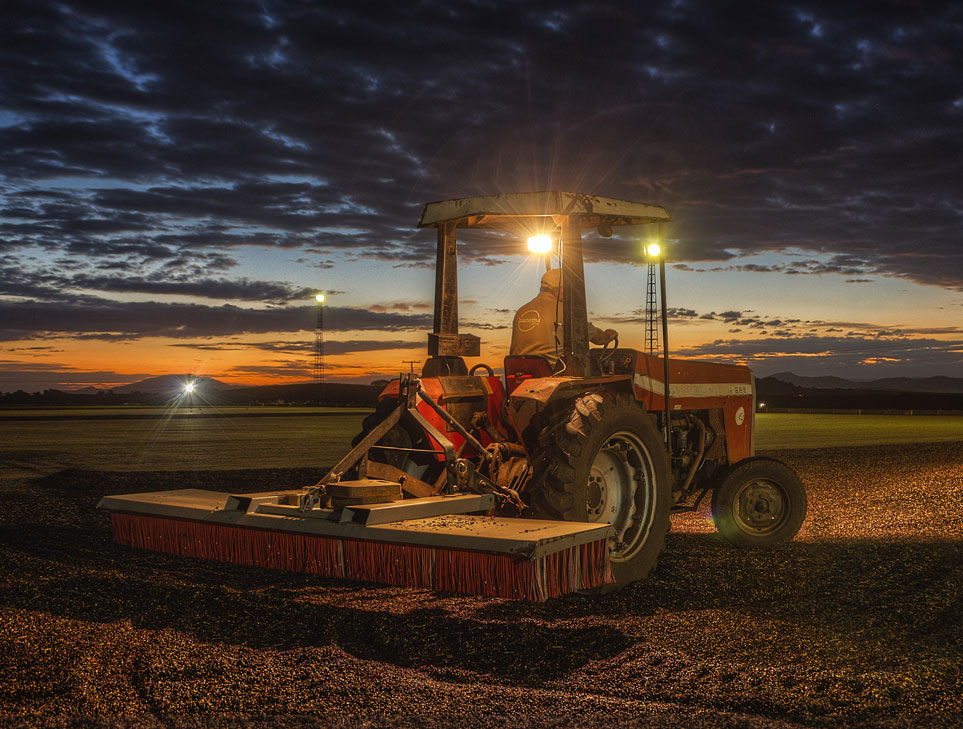
Dry Milling
Our goal in this process is to ensure that the beans are dried uniformly until they reach the optimum moisture level and prevent them from suffering any physical damage.
In addition to our 50,000 m2 concrete coffee-drying terrace, we count with over 48 high-tech mechanical dryers that electronically control the temperature curve, ensuring a uniform final product.
Our drying equipment work with eucalyptus wood. This is produced in-house in our 100+ hectares of land used exclusively for this purpose. Back -
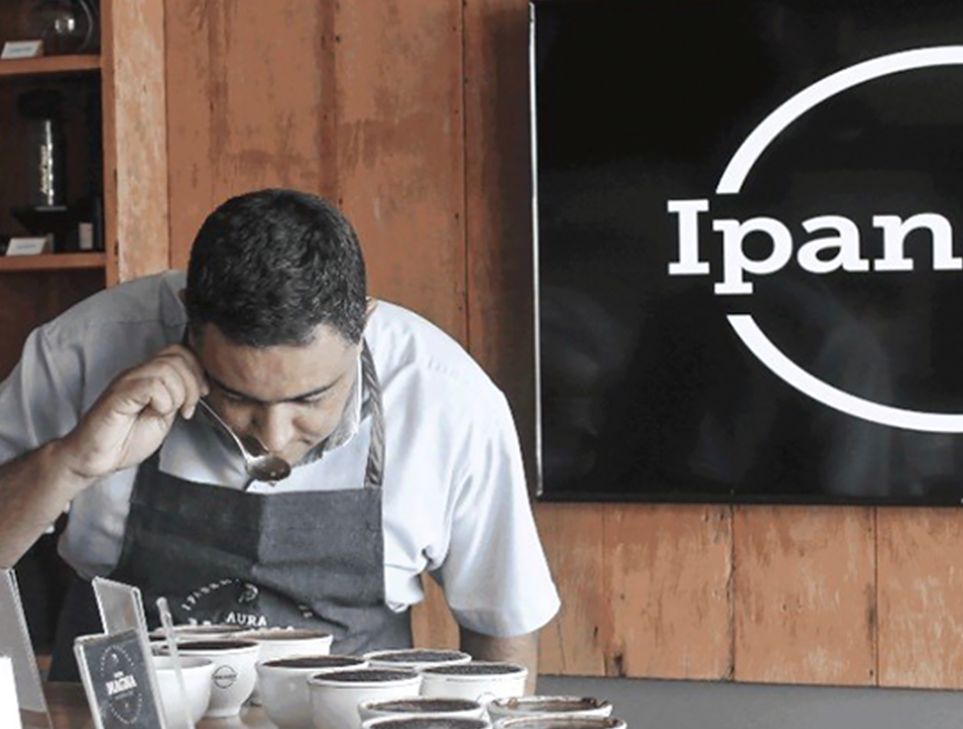
Quality Control
Our dedicated quality control team carefully manages all steps of the process to ensure highest coffee quality: determining the ideal cherry maturity level, type of harvesting, batch classification, container loading and coffee shipping to final clients.
Our teams unique approach includes monitoring the bean quality in each dryer, carefully evaluating the appearance and taste profile of our coffees at every 20 bags batch. That allows the development of micro-lots and exclusive blends.
The beans are placed in wooden bins to rest at least for 60 days in order to homogenize internal moisture and
improve the taste profile.
At every step of the process, until exportation, our team evaluates the quality of the lots, always seeking to fulfill the commitments made with our clients.We are always aiming to ensure consistent delivery. Back
STEPS TO QUALITY
- Nursering
- Coffee Care
- Harvesting
- Wet Milling
- Dry Milling
- Quality Control
-
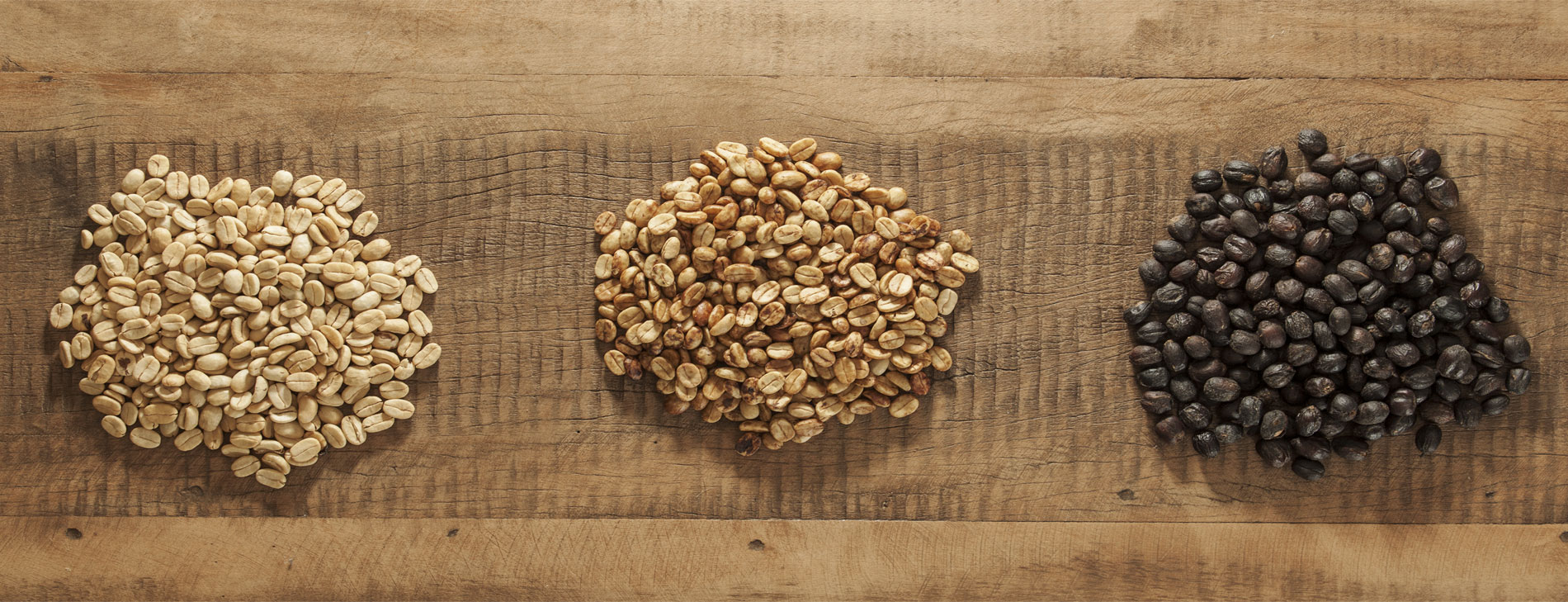
UNIQUENESS
- Comercial Relashionship
- Academy
- D.O.C
- Nima
- Guest House
-
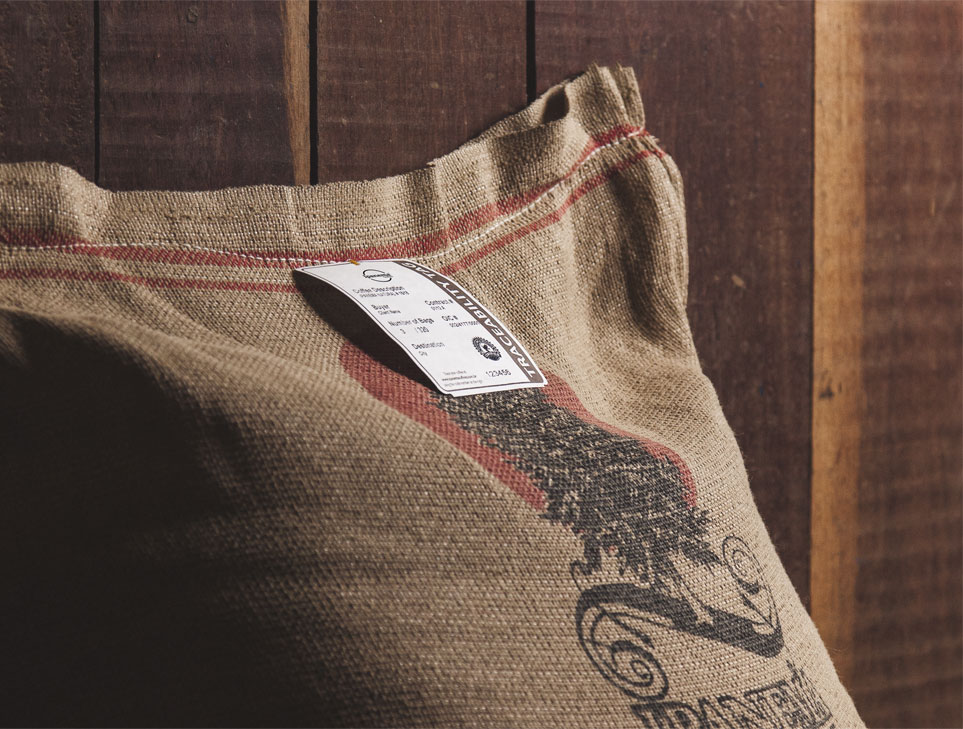 Our team of Q Graders is always available to support our clients to create unique and customized blends for each market. Based on our six labels and the range of possibilities offered by our Terroirs, we find solutions for every demand.
Our team of Q Graders is always available to support our clients to create unique and customized blends for each market. Based on our six labels and the range of possibilities offered by our Terroirs, we find solutions for every demand.Comercial Relashionship
The Key Account team provides quick responses with a proactive vision, seeking new business opportunities for our clients within their operating markets. Our logistics team customizes unique packaging and traceability solutions to each client. It meets our clients' demands by handling all logistics, export documentation, shipping approval samples and the entire traceability process. Furthermore, we share with our clients tools for development, training, marketing, packaging and designation of origin, allowing us greater flexibility and exclusive service to meet their demands. Back -
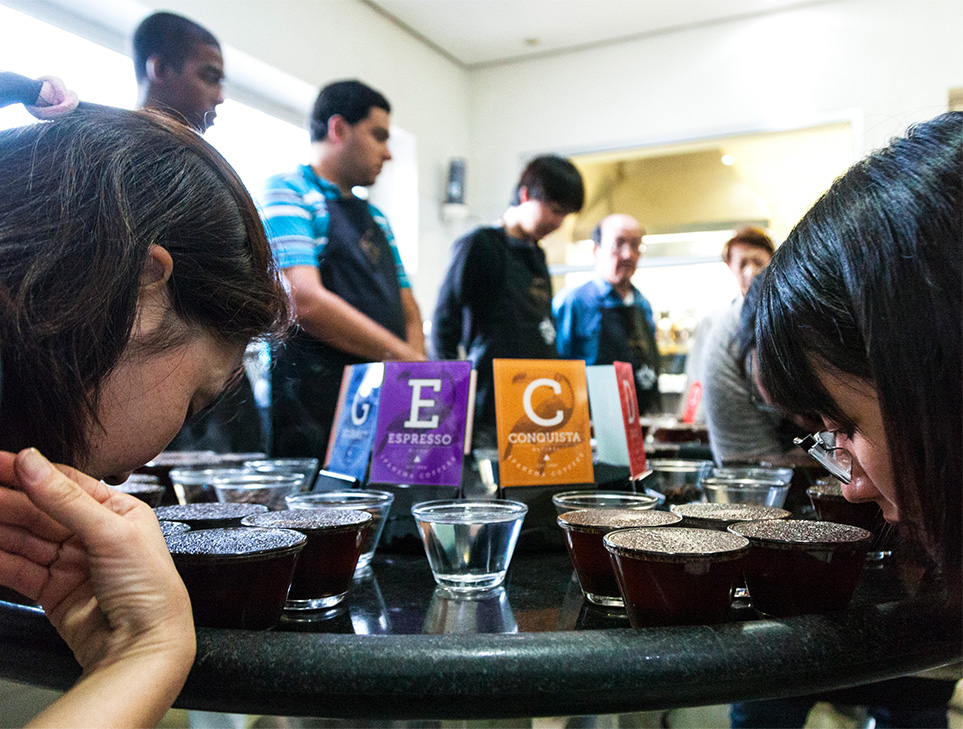 Ipanema Academy is a one-week training program on the farm. It is especially designed to serve our partners and our clients' employees. Covers the production of Specialty Coffees and the key steps to obtain the best coffee beans.
Ipanema Academy is a one-week training program on the farm. It is especially designed to serve our partners and our clients' employees. Covers the production of Specialty Coffees and the key steps to obtain the best coffee beans.Academy
This program consists of a combination of theoretical presentations and field trips prepared exclusively for each client, where participants are able to obtain hands-on experience in the main field activities. One of the highlights of this training is the coffee tasting session, showing the final results of each stage of production and the various characteristics of each preparation method. Back -
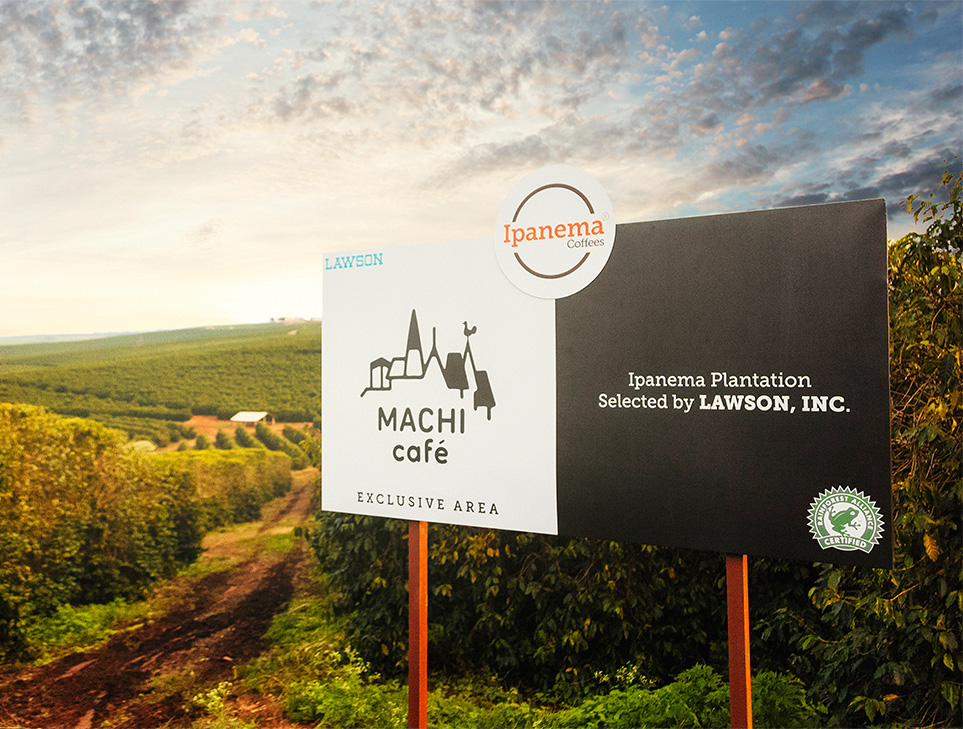 Through our D.O.C. modality, our clients are able to exclusively receive coffee from a specific area of our farms, chosen according to their demand based on the Denomination of Origin Controlled (D.O.C.) concept.
Through our D.O.C. modality, our clients are able to exclusively receive coffee from a specific area of our farms, chosen according to their demand based on the Denomination of Origin Controlled (D.O.C.) concept.D.O.C
This marketing modality, associated with a long-term contract, allows clients to promote direct trading, offering consumers full product traceability. By exploring the area as its exclusive production unit, our clients can disclose the unique characteristics of that Terroir, such as elevation, variety, soil type and temperature range. Back -
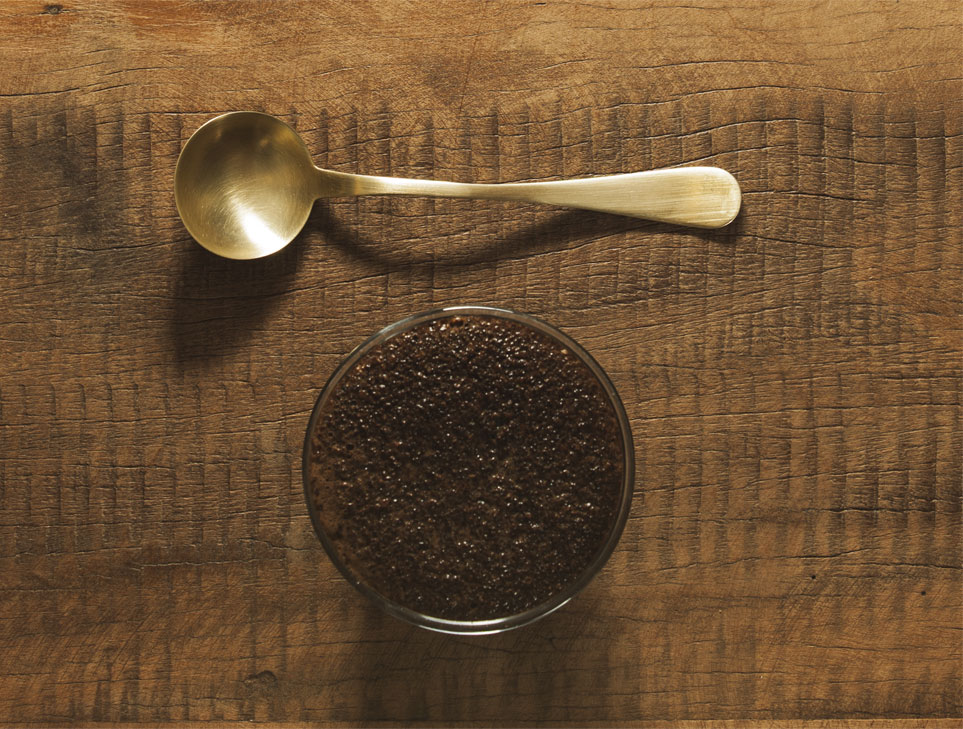 The NiMA (Nitrogen Modified Atmosphere) packaging solution allows us to pack coffee in 10 kg units, the oxygen is removed using a vacuum system and Nitrogen is added to keep the coffee fresh for more than two years.
The NiMA (Nitrogen Modified Atmosphere) packaging solution allows us to pack coffee in 10 kg units, the oxygen is removed using a vacuum system and Nitrogen is added to keep the coffee fresh for more than two years.Nima
This solution ensures the quality of green coffee for a longer period, without compromising its flavor profile.
This package can be fully customized and is recommended for clients who roast coffee in small volumes, requiring a quality product for a longer period of time. Back -
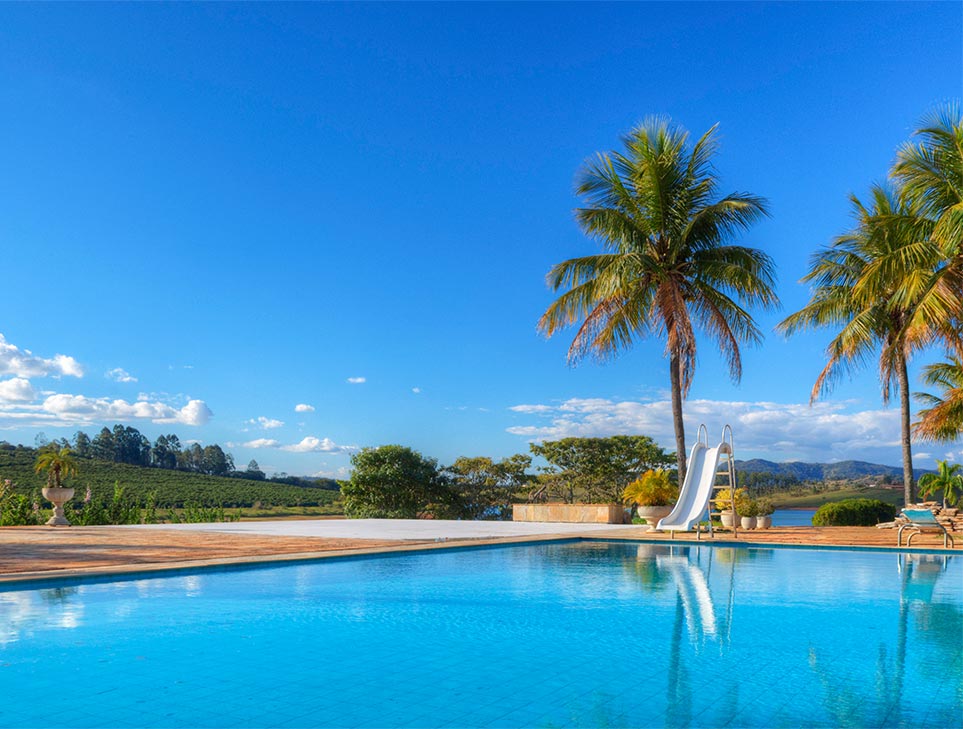 The Guest House is our meeting point, where we welcome friends and business partners from all over the world. It is a unique place where we can combine business and relaxation and strengthen relations. Here we can share a good meal, have pleasant conversations, exchange experiences and new ideas.
The Guest House is our meeting point, where we welcome friends and business partners from all over the world. It is a unique place where we can combine business and relaxation and strengthen relations. Here we can share a good meal, have pleasant conversations, exchange experiences and new ideas.Guest House
Built in 1986, the architecture is influenced by the Portuguese colonial style, which was commonly used to build farmhouses in Minas Gerais. Back
UNIQUENESS
- Comercial Relashionship
- Academy
- D.O.C
- Nima
- Guest House
-
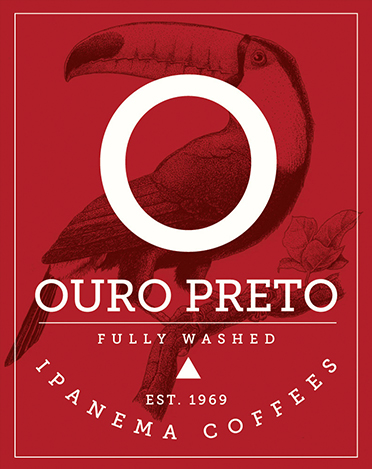
Ouro Preto
This Fully Washed coffee is made exclusively from ripe cherries that are washed, pulped and placed in a fermentation tank for 24 hours. Its main characteristics include high acidity, pleasant base flavor with medium to low body and citric notes. It features dried apricot notes on the aftertaste.
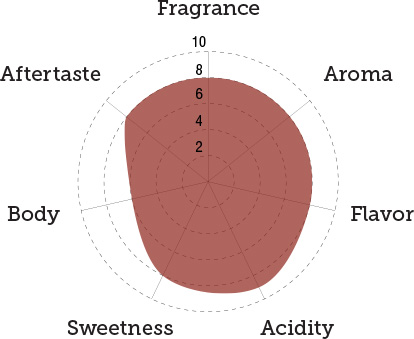
-
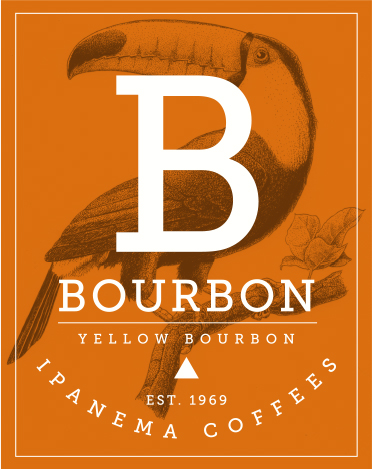 This variety is responsible for changing the world's perception of the quality of Brazilian coffee. Bourbon coffee was originally produced in the Island of Réunion (Africa), formerly known as the Island of Bourbon due to its colonization by the French dynasty of the House of Bourbon, around 1715.
This variety is responsible for changing the world's perception of the quality of Brazilian coffee. Bourbon coffee was originally produced in the Island of Réunion (Africa), formerly known as the Island of Bourbon due to its colonization by the French dynasty of the House of Bourbon, around 1715.Bourbon
About 40 years later, a few seedlings arrived in Brazil, brought by a French caravan. Existing in Red and Yellow varieties, Ipanema Yellow Bourbon is exclusively prepared using Bourbon coffee beans, balancing acidity and body with floral and citric notes. This coffee features a sweet taste and its fragrance includes notes of fresh walnuts and almonds. Its body becomes pronounced with smooth acidity and can be processed using three different methods, according to our client’s demand:
Fully Washed: Slightly citrusy flavor, noticeable acidity due to the fermentation process and evident floral tones. It features a long, pleasant and nutty aftertaste.
Pulped Natural: During the sun-drying process, the honey method provides a thick caramel body, very fine acidity and a hint of Irish cream taste.
Natural: Very well balanced, vibrant taste due to its pleasant acidity. It features a sweet body and rich blackberry undertones. -
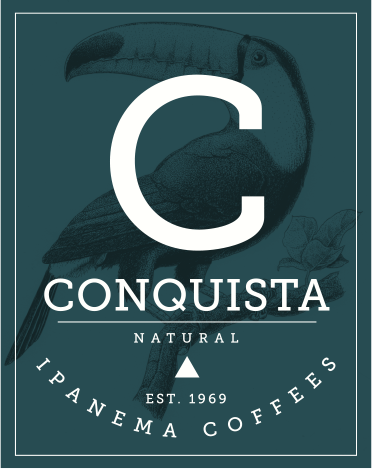 This coffee is prepared with naturally dried cherries, which help preserve their sweetness. It presents profound floral notes with a remarkably balanced chocolaty aftertaste. Its aroma indicates a touch of ripe fruit, with the predominant and unmistakable presence of starfruit. This coffee is stored in wooden bins for around two months in order to allow its complex flavor to blend, optimizing the internal moisture level of the beans.
This coffee is prepared with naturally dried cherries, which help preserve their sweetness. It presents profound floral notes with a remarkably balanced chocolaty aftertaste. Its aroma indicates a touch of ripe fruit, with the predominant and unmistakable presence of starfruit. This coffee is stored in wooden bins for around two months in order to allow its complex flavor to blend, optimizing the internal moisture level of the beans.Conquista
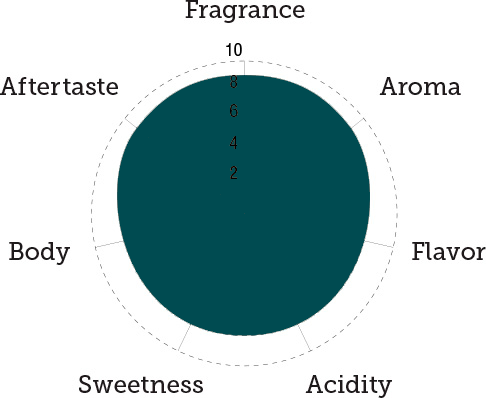
-
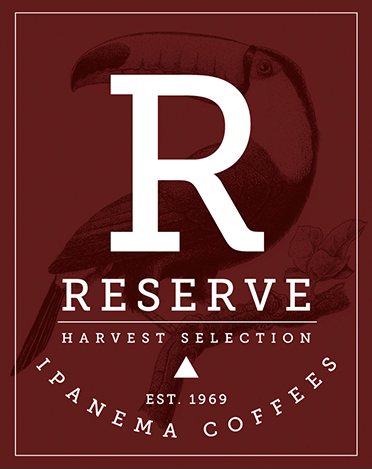 This very exclusive label allows us to offer our clients the opportunity to create fully customized blends, from the wide range of our coffee varieties and also from our equal partners. It is the perfect composition for a unique product that can take any brand name the client wishes, creating a link between Ipanema and a blend of coffee exclusively developed for any taste and market. This concept confirms once again our flexibility to create exclusive products.
This very exclusive label allows us to offer our clients the opportunity to create fully customized blends, from the wide range of our coffee varieties and also from our equal partners. It is the perfect composition for a unique product that can take any brand name the client wishes, creating a link between Ipanema and a blend of coffee exclusively developed for any taste and market. This concept confirms once again our flexibility to create exclusive products.Reserve
-
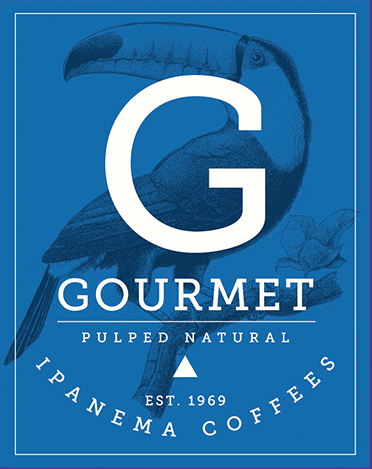 This coffee is pulped and dried using the honey method, a specific process that provides a creamy and thick velvety body with a distinctive nutty aftertaste. It is suited for making espressos.
This coffee is pulped and dried using the honey method, a specific process that provides a creamy and thick velvety body with a distinctive nutty aftertaste. It is suited for making espressos.Gourmet
This label was created in 1993 and is accepted worldwide.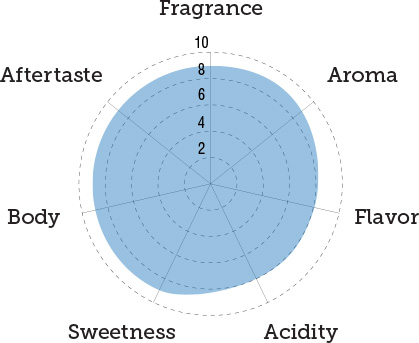
-
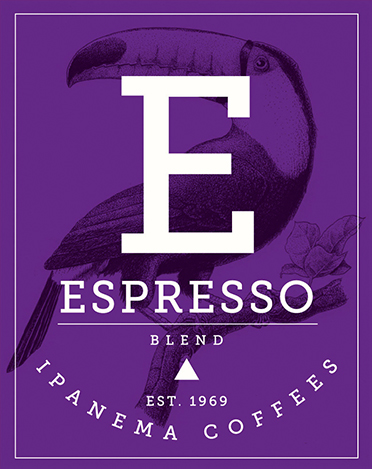 This blend is the combination of three different coffee preparation methods: natural, pulped natural and fully washed. This coffee results in a perfect espresso thanks to a base of ripe cherries that offer a rounded and balanced flavor with a distinct acidity, creamy and velvety body and a pronounced citrus honey aftertaste.
This blend is the combination of three different coffee preparation methods: natural, pulped natural and fully washed. This coffee results in a perfect espresso thanks to a base of ripe cherries that offer a rounded and balanced flavor with a distinct acidity, creamy and velvety body and a pronounced citrus honey aftertaste.Express
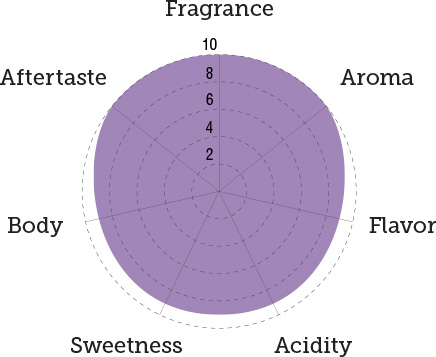
-
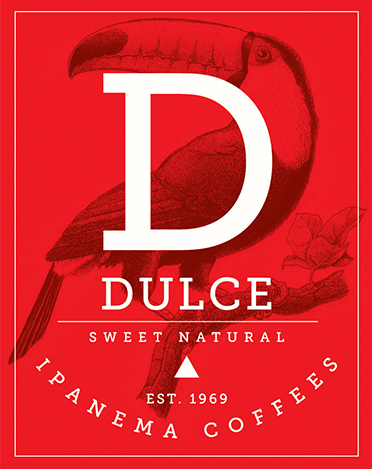 This best selling product is present in the main consumer markets worldwide. It can be used as Brazilian single origin coffee or as a base for different blends.
This best selling product is present in the main consumer markets worldwide. It can be used as Brazilian single origin coffee or as a base for different blends.Dulce
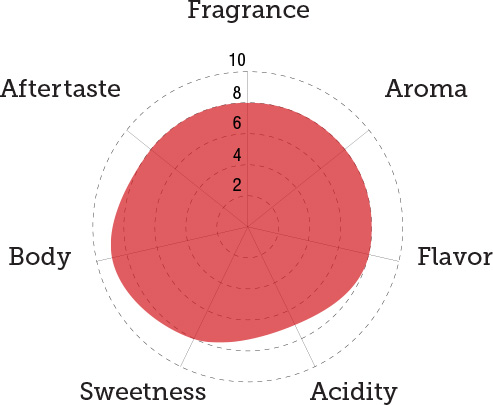
COFFEE LINE
-
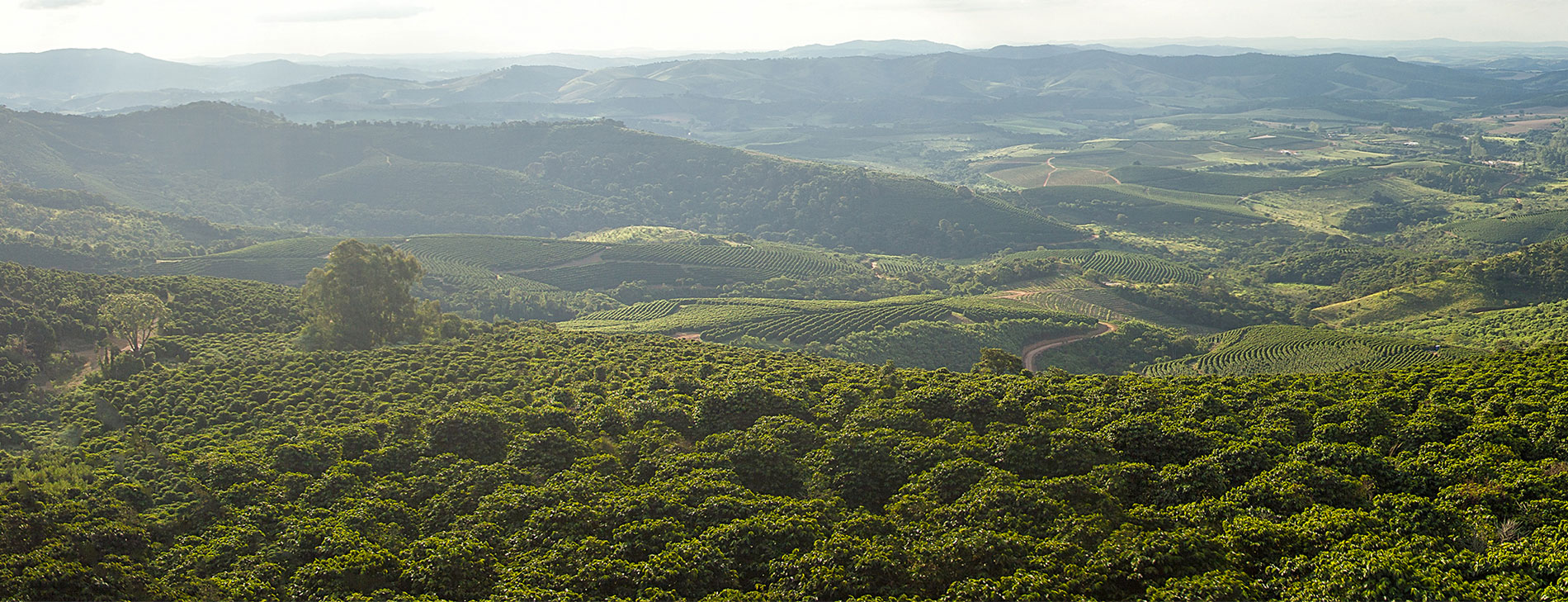
FARMS
- Capa Farms
- Fazenda Conquista
- Fazenda Rio Verde
- Fazenda Capoerinha
-
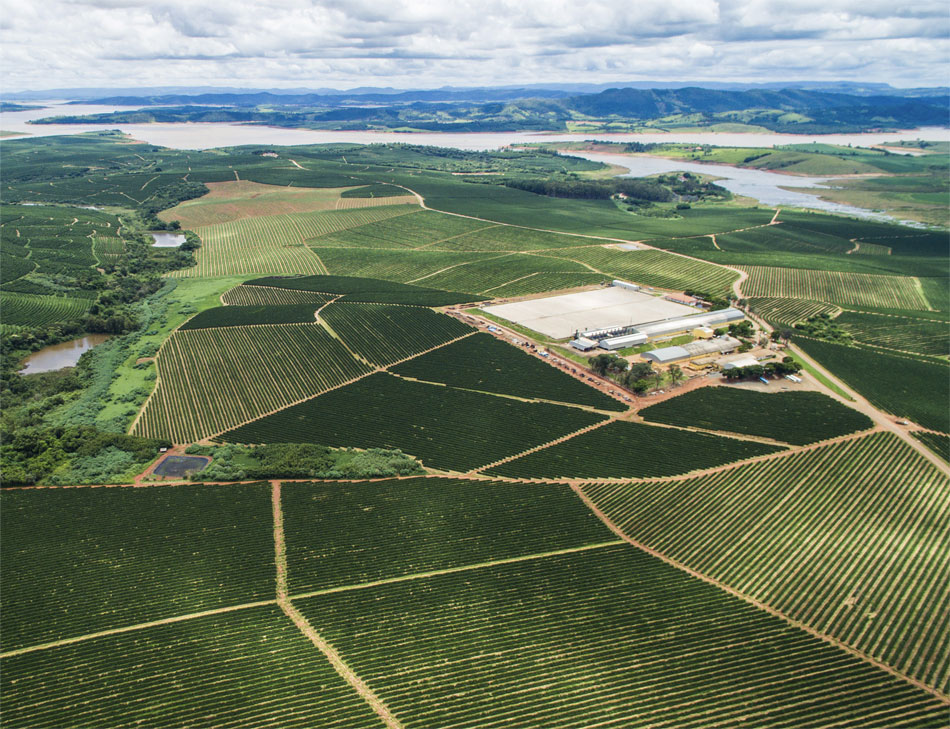 Conquista Farm is located on a flat topography and features one of the world's most modern processing infrastructures, including warehouses and a complete container loading structure. Its high productivity is achieved by applying a mechanical system and using 1500 of its 2000 hectares to produce coffee adopting a highly efficient and sustainable drip irrigation system.
Conquista Farm is located on a flat topography and features one of the world's most modern processing infrastructures, including warehouses and a complete container loading structure. Its high productivity is achieved by applying a mechanical system and using 1500 of its 2000 hectares to produce coffee adopting a highly efficient and sustainable drip irrigation system.Fazenda Conquista
Surrounded by the Furnas Lake, the farm is a place of exuberant flora and fauna, set around our Guest House, the Head Office and the milling facilities.
The farm is located in a metamorphic rock region, covered mostly by clay soil that features a high water retention capacity, as well as being rich in decomposed minerals. Its mild subtropical climate is ideal for uniform bean maturation, with regular rainfall at around 1370mm per year and average temperatures of 25C.
Several coffee varieties are grown at the Conquista Farm, including Acaia, Yellow Catuai, Yellow Topazio, Red Rubi and Mundo Novo.Back -
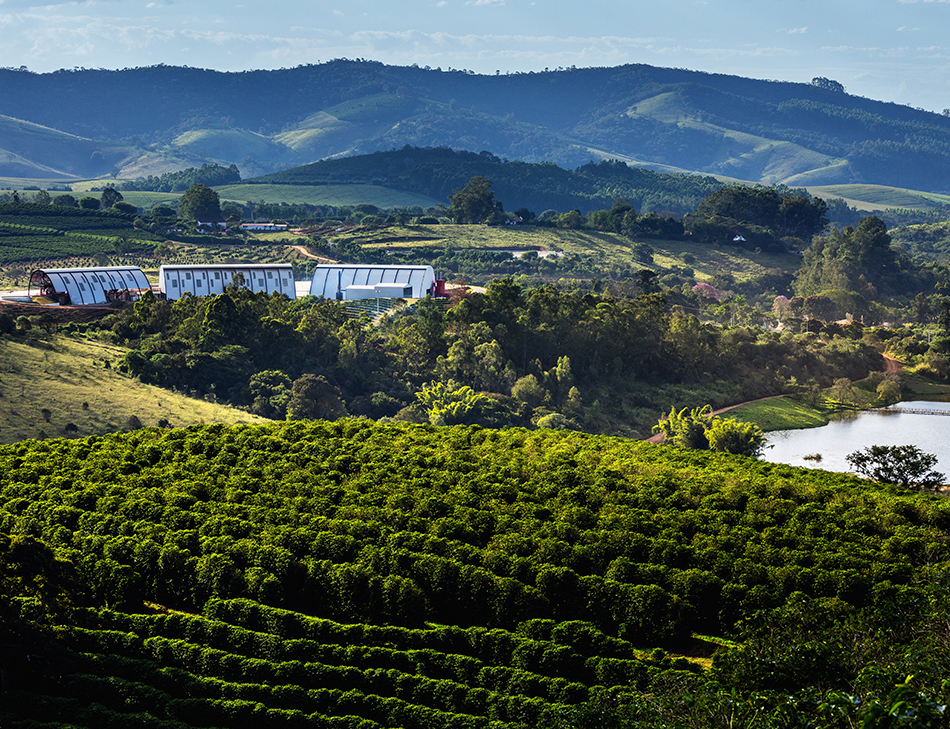 Rio Verde was founded in 1887 and is the oldest of the company's farms. Located in the heart of the Mantiqueira de Minas Mountains, this 1.500 hectares farm is a true natural sanctuary, where coffees are grown at elevations of up to 1.300 meters above sea level, surrounded by virgin forests, waterfalls, springs and hiking trails.
Rio Verde was founded in 1887 and is the oldest of the company's farms. Located in the heart of the Mantiqueira de Minas Mountains, this 1.500 hectares farm is a true natural sanctuary, where coffees are grown at elevations of up to 1.300 meters above sea level, surrounded by virgin forests, waterfalls, springs and hiking trails.Fazenda Rio Verde
Its clay soil is rich in decomposed minerals, and full of nutrients due to its rich flora and fauna as well as water springs.
High elevations combined with mountainous topography create an own microclimate, with mild temperatures and rainfall average of 1.600 mm a year, ideal for growing Yellow Bourbon, Acaia, Yellow Catuai, Yellow Topazio, Mundo Novo, Yellow Icatu and Catucai.
The diversity of the environment along with many coffee varieties produce numerous terroirs with all kind of flavor and taste nuances, resulting in more complex coffee profiles.Back -
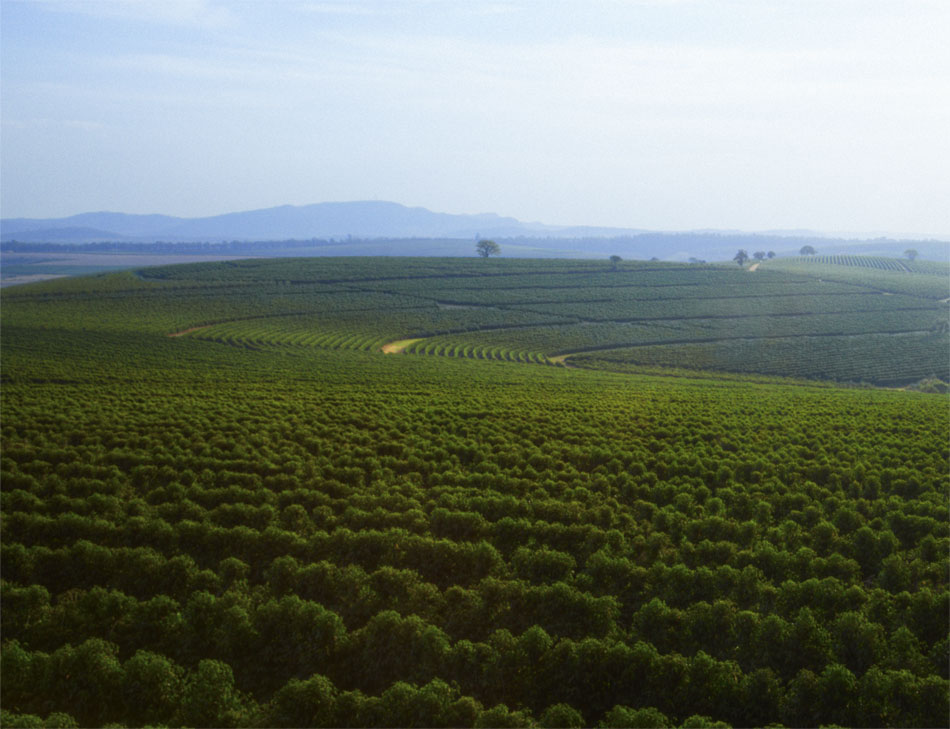 Ipanema Coffees purchased the first of its three farms in 1969: Capoeirinha is a 2200 hectares farm, where approximately 1300 hectares are designated for coffee-growing, 500 of which are used exclusively to produce Bourbon, a variety that is highly appreciated worldwide; the other 900 hectares are allocated for environmental preservation.
Ipanema Coffees purchased the first of its three farms in 1969: Capoeirinha is a 2200 hectares farm, where approximately 1300 hectares are designated for coffee-growing, 500 of which are used exclusively to produce Bourbon, a variety that is highly appreciated worldwide; the other 900 hectares are allocated for environmental preservation.Fazenda Capoerinha
In addition to Yellow Bourbon, several other varieties are grown at the Capoeirinha Farm, including Acaia, Yellow Catuai, Yellow Topazio, Mundo Novo, Yellow Icatu and Catucai.
The farm is located in a metamorphic rock region formed by crystalline rocks, rich in decomposed minerals, responsible for its clay soil with high water retention capacity.
The region features mild subtropical climate with humid and rainy summers and dry, cold winters,
Regular rainfall at around 1,440mm per year and average temperatures of 24 (°C) are common and provide, along with the climate, the ideal condition for optimal maturation.Back
FARMS
- Capa Farms
- Fazenda Conquista
- Fazenda Rio Verde
- Fazenda Capoerinha
-
-
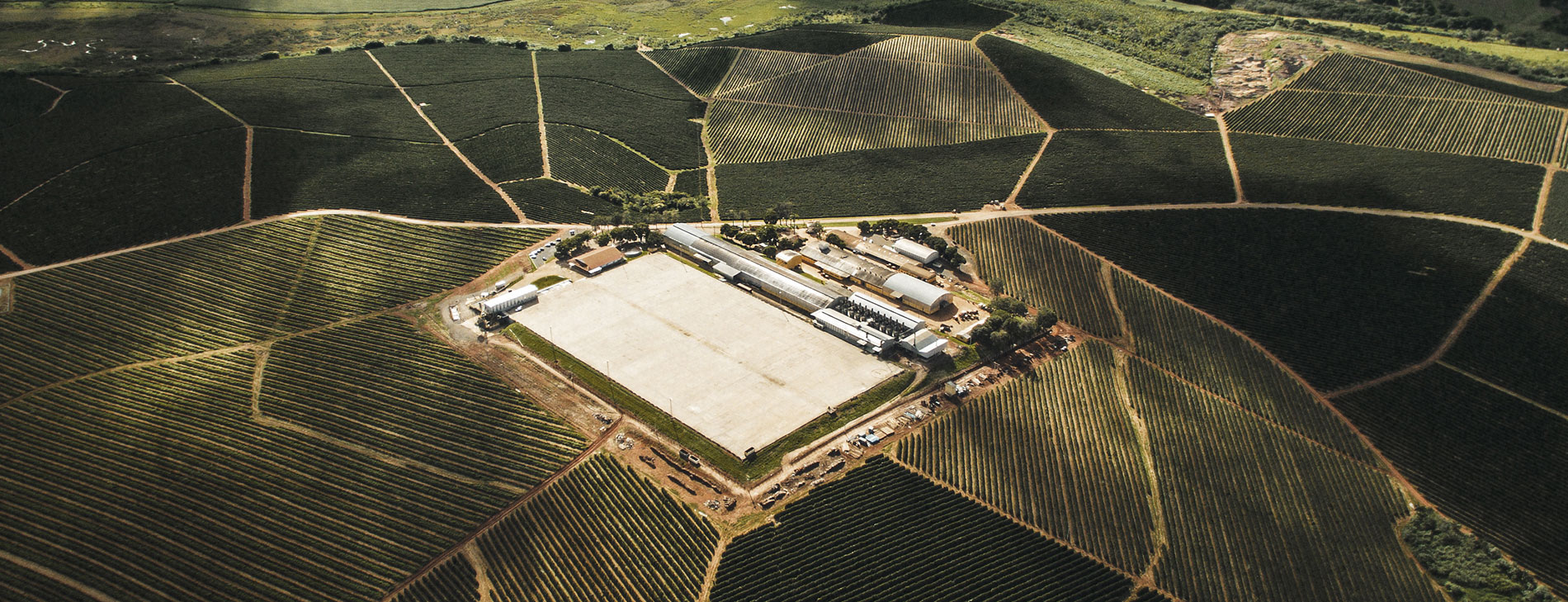
COMPANY
- Brief History
- Stakeholders
- Timeline
- Certifications
- Awards
- Ipanema Institute
-
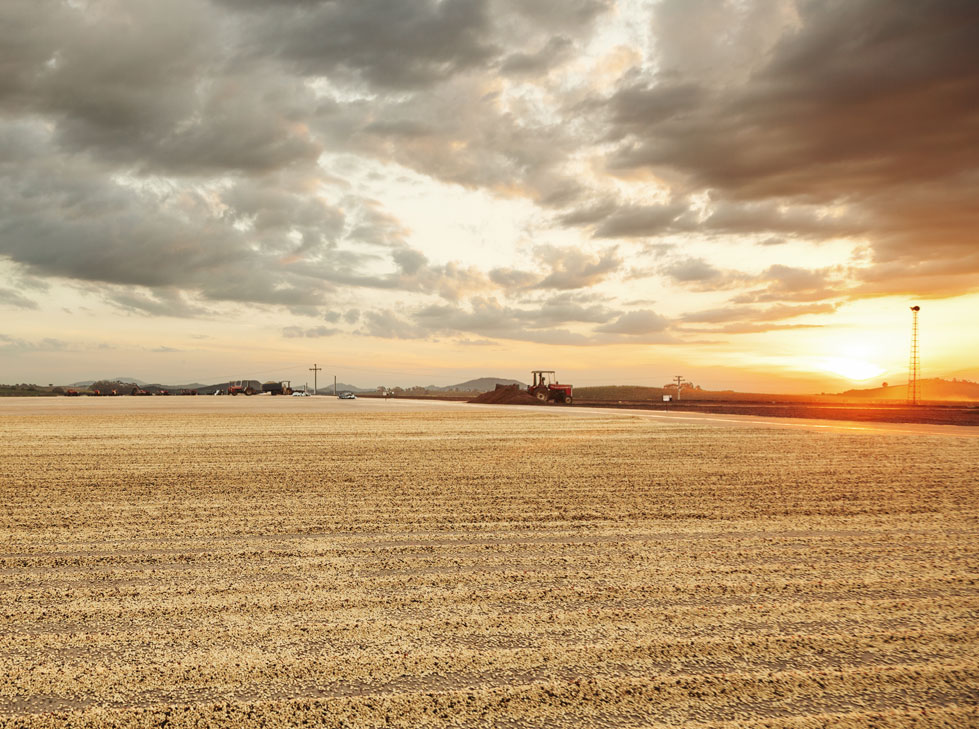
Stakeholders
Our latest news and information are available for partners and associates in this area Clipping: -
1969-1973 1974-1978 1979-1983 1984-1988 1989-1993 1994-1998 1999-2003 2004-2008 2009-2013 2014-today
Timeline
1969 is not only a remarkable year for the whole world when the first human being landed on the Moon, but also the “birth” of Ipanema Coffees.
The three business partners Carlos Moacyr Gomes de Almeida, Cyrillo Fernandes and Julio Bozano buy the first piece of land and found the "Condomínio Aliança". Thereby, they lay the foundation of one of largest coffee companies worldwide.
In 1970, one year after the establishment, the name is changed into Ipanema Agroindústria Ltda. In the same year, Ipanema Coffees acquires its first farm and begins with the plantation of coffee on the 2,200 hectares Capoeirinha farm. Until today, Capoeirinha is one of three farms in the company’s property. The first years are marked by several implementations. In 1976, Conquista farm outside the city of Alfenas, in the heart of Minas Gerais, is bought. The beginning of the first plantation at Conquista farm starts two years later, in 1978. At the same time, the first considerations of investments in infrastructure and dry milling start and Corporate visual is created. Today, Conquista farm features one of the world’s most modern processing infrastructures and is home of the company’s main office.
The purchase of a handful small farms in the State of Minas Gerais, which are sold years later, contribute to the rapid growth of Ipanema Coffees. By the end of the 1970s the production area increases up to 7,000 hectares dedicated to coffee and citrus production. The 1980s are marked by the commercialization phase of Ipanema Coffees. Due to investments in a wet milling infrastructure, coffee can be pulped for the first time. Besides coffee, the cultivation and trade with oranges and citrus fruits are a second pillar of the company. In order to welcome business partners, the construction of the Guest House begins in 1984. The inauguration of the house situated on the Furnas lake at Conquista farm takes place two years later.
In 1985, a drought is a challenge for coffee producers in São Paulo and Minas Gerais, the main coffee belt in Brazil. The lack of rainfalls and water shortage also affect Ipanema Coffees.
From the 1950s until the late 1980s coffee trading in Brazil is strictly controlled and regulated by the Brazilian Coffee Institute (ICO). Only a few exporters and producers have permission to export. The end of the economic clauses of the ICO and the termination of export quotes offer new possibilities and open doors for International trade. The year 1991 marks an eventful milestone in the history of Ipanema Coffees. The company ventures to expand its activity beyond the borders of Brazil and debuts in the International Market exporting its first 3,000 bags to its client Shareholder Tchibo in Hamburg, Germany, who becomes shareholder in 2012.
As a pioneer in the production of Specialty Coffee, Ipanema Coffees founds with eleven other producers the Brazilian Specialty Coffee Association (BSCA) in 1991. Their common objective: Increasing the quality of Brazilian coffee and changing the worldwide image of Brazil producing only quantity.
In 1993, Barnie’s Coffee in the USA launches “Taste of Brazil”, the first package that cites Ipanema Coffees as origin of Specialty Coffee. As part of its internationalization, Ipanema Coffee created its first Coffee Labels Ouro Preto, Gourmet, Bourbon and Conquista. Dulce and Ipanema Espresso follow two years later. With the unexpected fast growth of the coffee business, Ipanema Coffees decides to terminate its orange cultivation in 1994 and defines coffee production as its only focus.
In 1995, Ipanema Coffees launches its domestic market operation under the new brand "Fazenda Ipanema". Its name is changed one year later into "Fazenda de Minas". In Denmark, Estate Coffee launches the "Single Origin Ipanema Dulce".
In 1997, Coca Cola Company Japan launches the canned ready to drink coffee "Georgia - Ipanema Blend". One year later, in the USA, Starbucks presents the Single Origin Brazil Ipanema Bourbon. Right before the millennium, Ipanema Coffees changes the visual identity. The new millennium grants several awards for Ipanema Coffees. In 2001, the company is one of the finalists in the "Cup of Excellence" award.
With the leasing of Fazenda Rio Verde in Conceição do Rio Verde in 2002, Ipanema Coffees expanded its coffee production. In the same year, Ipanema Coffees changes its Corporate logo and becomes the first Brazilian company certified by UTZ code, the first global certification on sustainable coffee production.
A further certification follows in 2003. Ipanema Coffees gets certified by the C.A.F.E. Practices Strategic Suppliers code from Starbucks. In 2004, Ipanema Coffees receives the Rainforest Alliance Certified label in 2004 and becomes the worlds largest coffee supplier carrying this certification. In the same year, Ipanema Coffees is awarded by the SCAA with The Sustainability Award. The visual identity is changed.
In 2006, Cia Bozanno sells its shares to Gavea Participações and Paraguaçu Participações that, together with the Fernandes family (now named ML Participações) composes the board of shareholders.
One year later, Ipanema Coffees makes investments in renovation and dripping irrigation system at Conquista Farm. Celebrating the 10th anniversary of Ipanema Bourbon, Starbucks relaunches the Brazil Ipanema Bourbon. Ipanema achieves 1.000.000 Specialty coffee bags exported.
In 2008, Ipanema Coffees acquires Rio Verde farm and reaches 5,500 hectares devoted to Specialty coffee production. Gavea Participações sells its shares to Friele Brazil Company, that together with ML Participações and Paraguaçu Participações compose the board of shareholders. Ipanema is classified among the 7th finalists of the Rainforest Alliance Cup for Quality.
Ipanema Coffee changes its visual identity and is classified among the 7th finalists of the “Rainforest Alliance Cup for Quality”. The year 2009 marks the beginning of the Ipanema Yellow Bourbon, a label specially made for Nespresso. Ipanema Coffees is happy to be classified among the 4th finalists of the “Rainforest Alliance Cup for Quality” and awarded by the SCAE as “Outstanding Producer”.
In 2010, Ipanema Coffees launches the innovative packaging system NiMA (Nitrogen Modify Atmosphere). A new 10-kilogram packaging system (Nitrogen Modified Atmosphere) that guarantees the freshness and organoleptic characteristics for more than two years.
In 2011, Ipanema Coffees is certified by A.A.A. code from Nespresso. A severe draught reaches the whole coffee belt in Brazil. Another draught challenges Brazilian coffee producer.
In 2012, ML Participações sells part of its shares toMitsubishi and Tchibo. Together with Friele and Paraguaçu Participações they nowcompose the board of shareholders.
In the same year, Ipanema Coffees is certified by Fair Trade USA code and Friele launches the Single Origin Ipanema Bourbon in Norway.
One year later, Lawson in Japan launches the Single Origin Ipanema Macchi Café. The years are marked by several single origin launches: In 2014, German roaster Tchibo launches the single origin capsules Ipanema Amarelo, the Ipanema Rio Verde blend and Rio Verde Special Edition, while Starbucks Reserve brings out the single origin Ipanema Rio Verde. On the other side of the world, Caffébene launches the single origin Ipanema Rio Verde in South Korea. In parallel, severe draught reaches the whole coffee belt in Brazil.
In 2015, Tchibo Germany launches the single origin capsules Ipanema Mainumbi special edition. Ipanema Coffee is one of the finalists in the "Cup of Excellence" award and wins the 2nd place in the “Rainforest Alliance Cup for Quality”.
In order to invest in the future, Ipanema Coffees invests in a new wet milling structure at Conquista farm, one of the world’s largest and modern coffee milling.
The year 2016 provides several alterations and changes: ML Participações sells its remaining shares to SC Investimentos Agrícolas and to Paraguaçu Participações. Along with Friele, Misubishi and Tchibo, they now compose the Board of Shareholders.
In parallel, Ipanema Coffees labels go through a major relaunch, being completely redesigned. Along with the new identity, Ipanema presents “Terroir”, a yearly changing limited edition of high quality micro-lots. -
Certifications
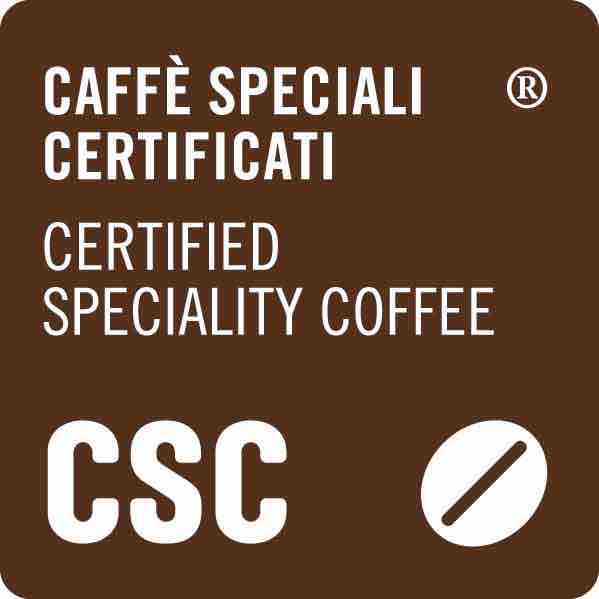 We obtained our first certification in 1997, based on an audit conducted by Caffè Speciali Certificati- CSC on our coffee processing and preparation activities, making Ipanema the first Brazilian company to be considered a producer of specialty coffee to the Italian market.
We obtained our first certification in 1997, based on an audit conducted by Caffè Speciali Certificati- CSC on our coffee processing and preparation activities, making Ipanema the first Brazilian company to be considered a producer of specialty coffee to the Italian market.
 In 2003, as recommended by the British Institute (an independent audit firm), we became the first South American Company to be certified by the Starbucks Preferred Suppliers program, allowing us to become a strategic Starbucks supplier. In 2005 this program was renamed C.A.F.E. Practices.
In 2003, as recommended by the British Institute (an independent audit firm), we became the first South American Company to be certified by the Starbucks Preferred Suppliers program, allowing us to become a strategic Starbucks supplier. In 2005 this program was renamed C.A.F.E. Practices.
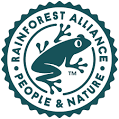 In 2004, we joined the select group of Rainforest Alliance Certified farms, after a strict audit process conducted by Imaflora. The main goal of this certification is to preserve and restore native forests, and to protect and recover springs and riparian forests of the certified properties.
In 2004, we joined the select group of Rainforest Alliance Certified farms, after a strict audit process conducted by Imaflora. The main goal of this certification is to preserve and restore native forests, and to protect and recover springs and riparian forests of the certified properties.
By creating green corridors between forest reserve areas we allow wild animals to roam freely through our farms.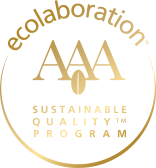 In 2011 we received the AAA Ecolaboration certification, allowing us to become a certified supplier of specialty coffee for Nespresso, in accordance with strict quality and sustainable production standards.
In 2011 we received the AAA Ecolaboration certification, allowing us to become a certified supplier of specialty coffee for Nespresso, in accordance with strict quality and sustainable production standards.
-
Awards
Special Gold Cup of Excellence Award (2002) and 2001:
Finalistin the Brazilian Coffee Quality CompetitionInternational Sustainability Award (2004):
Award granted by Specialty Coffee Association of America (SCAA).Best batch of Brazilian Coffee (2007):
Ranked as one of the best Brazilian coffees at the Cup of Quality contest, by Rainforest Alliance CertifiedOutstanding Producer (2009)
Award granted by SCAE - Specialty Coffee Association of Europe.
Bunge Productivity Award (2009)
Award granted by BUNGE-Brasil to Brazilian agricultural producers who
present the best coffee productivity.
Outstanding Producer (2009)
Award granted by SCAE - Specialty Coffee Association of Europe.
Bunge Productivity Award (2009)
Award granted by BUNGE-Brasil to Brazilian agricultural producers who
present the best coffee productivity.Rainforest Alliance Cupping for
Quality (2010):
Ranked among the five best coffees that participated in the Rainforest Alliance Cupping for Quality contest.X Furnas Ouro Azul Award (2011)
Finalist in the Pulped Natural Category award granted by the State of Minas Gerais through the State Department of Agriculture, Livestock and
Supply and EMATER-MG.
Special Gold Cup of Excellence
Award (2011):
Finalist in the Brazilian Coffee Quality Competition.Cup of Excellence - Early Harvest Award (2014):
Chosen as a finalist among the best specialty coffees in Brazil, receiving the highest score at the coffee-producing region of Southern Minas Gerais.Cup of Excellence- Late Harvest
Award (2015):
Chosen as a finalist among the best specialty coffees in Brazil.
Cup of Excellence- Late Harvest
Award (2015):
Ranked as the second best Brazilian coffee on the international phase of the Cupping for Quality by Rainforest Alliance Certifie, with an outstanding position among the best coffees in the worldwide ranking.Rainforest Alliance Cupping for Quality (2016):
Ranked among the top 10 brazilian coffees that participated in the Rainforest Alliance Cupping for Quality contest. -

Ipanema Institute
Since its establishment in 1969, Ipanema Coffees has allocated a lot of time and resources to discuss social and environmental issues in Brazil trying to find ways to help solve them.
Ipanema Coffees has always been supporting local social projects. In 1997, we decided to create a Social Committee to analyze the company’s actions throughout the years in order to improve future social activities. This committee lead to the creation of Ipanema Institute in 2003.
Since then, the Ipanema Institute is committed to guide, promote and implement social and environmental programs in order to fulfill the company's philosophy, with two main areas of operation: people and the environment. Back -
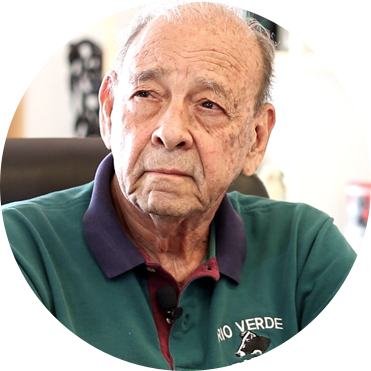
1969-1991
Established in 1969, Ipanema Coffees is nowadays one of the most-recognized Brazilian coffee
farms with clients in more than 25 countries in the world.
Ipanema Coffees looks back on a long history that has started with visionary engineer Luiz Cyrillo Fernandes. Passionate about coffee he inherited profound knowledge from the family who have had cultivated coffee since 1887 at Rio Verde Farm.
Following his vision of becoming one of the best coffee producers together with partners he acquired properties around Alfenas. Within less than a decade the company was already one of the biggest player on the global market.
With a view of exporting only the best from Brazil to the world, Fernandes chose Ipanema as the name for the company. It strongly represents the Brazilian culture with its song The Girl from Ipanema and the beach in Rio de Janeiro.
Since the very beginning of Ipanema Coffees, Luiz Cyrillo Fernandes himself led the businesses and was
involved in all relevant decisions.
Always aiming the most innovative techniques and equipment, he traveled to find manners to improve the coffee production. For this reason, Ipanema Coffees has been a pioneer in introducing some procedures that are now consolidated in Brazil as the pruning technique and mechanical harvesting. Back -
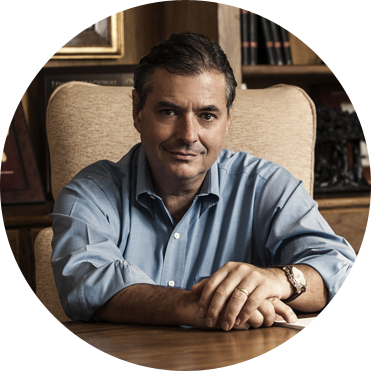
1991 - 2019
After the liberalization of the trade in 1991 Ipanema Coffees was one of the first companies exporting products abroad. In the same year the first coffee bags were shipped to Europe, thousands of other shipments followed.
At this time engineer and current CEO, Washington Rodrigues, stepped into the founders foot steps.
He is responsible for various innovations and solutions which allowed the company to enter into new markets
and build up long-lasting relationships with buyers.
Under his leadership some of the company`s achievements became milestones in the history of coffee in Brazil. For example, Ipanema Coffees was one of the first companies having a wet milling infrastructure and the first to be
certified by Utz and Rain Forest certification programs.
Specialty coffees became the company`s flagship. Until now Ipanema Coffees is a permanent participant at International specialty coffee fairs and is also a founder of the Brazil Specialty Coffee Association (BSCA).
Always looking to the future and its upcoming challenges the company is already preparing the next generation of top managers. Along with the CEO former Head of Finance and Commercial, Christiano Borges, became COO in 2016. The economist has been working for Ipanema Coffees since 1994. Back -
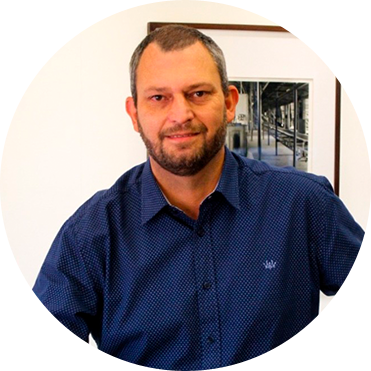
2019 - TODAY
In 2019, Ipanema started a period that focus on operational excellence, flexibility and high-speed problem-solving company and the commitment of our leadership team to reinforce the excellence of our products and trustable relationships, stablished in over 50 years, with our employees, suppliers, clients and the community.
In this period, we have been working to consolidate our position as innovative company, developing partnerships with clients, suppliers, universities and research organizations with the propose to create competitive advantages e to offer customized solutions to each Ipanema’s clients.
We consolidated our position of leading hole as specialty coffees producer, when we have reached over 2,5 million bags exported to over 30 countries, through out of long-term mutual interest partnership.
Christiano Borges, the current CEO, was responsible to incorporate the ESG practices in the company procedures, as well to do the first carbon emissions balance.
Diversity, inclusion and equal opportunities to all becomes crucial subjects to be a more inclusive company and open to hear all stakeholders, in special, our employees.
The Ipanema Coffees consolidates as a social and environmental responsible company, even more prepared for the future.
Back -
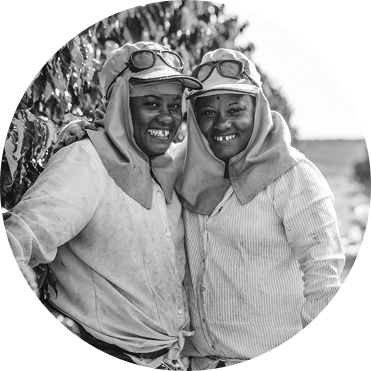
HUMAN CAPITAL
As one of the most important employers in the South of Minas Gerais, Ipanema Coffees has more than 700 employees.
During harvest season the number of employees goes up to 2,000.
Ipanema Coffees offers a wide range of job opportunities on the field, warehouse and logistics, milling as well as in quality management.
The strategic decisions are made in the main office at Conquista farm.
Individuals have always played a major role for Ipanema Coffees. Being conscious that every single one contribute the company`s success, the investment in training and several benefits are part of the philosophy. These efforts improve not only the skills but also contribute the motivation.
For University graduates Ipanema Coffees offers trainee program. It allows to get an insight on the various departments and get to know all steps of the coffee production. This special program is an investment in the future of the company. Back
COMPANY
- Brief History
- Stakeholders
- Timeline
- Certifications
- Awards
- Ipanema Institute
CONTACT




